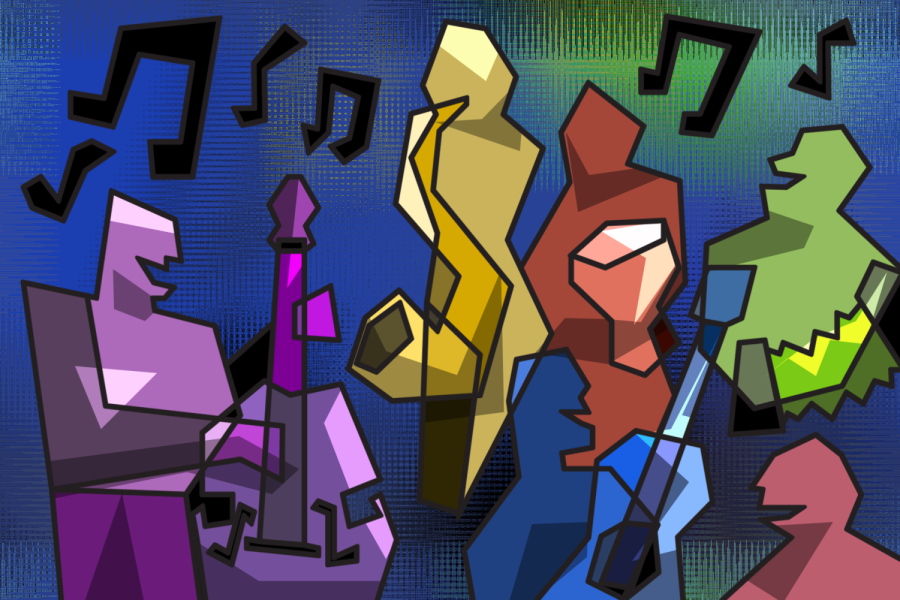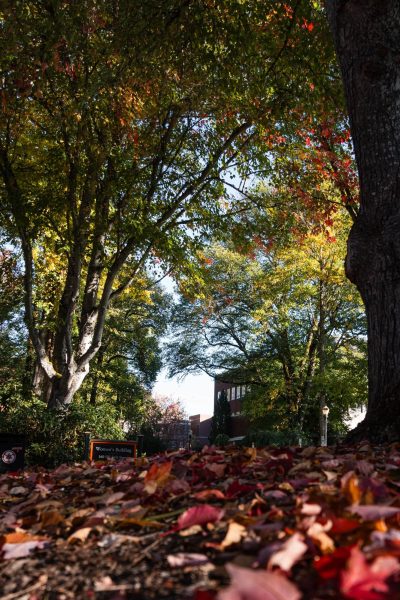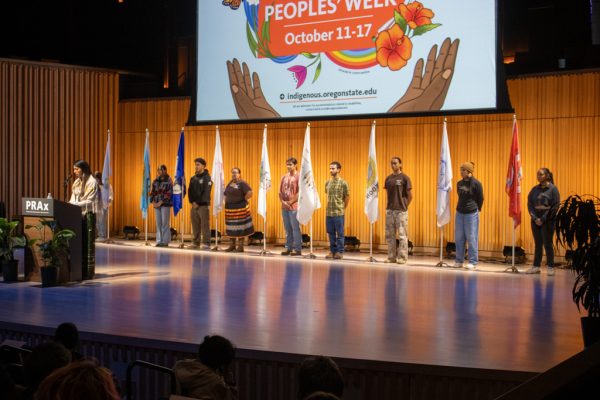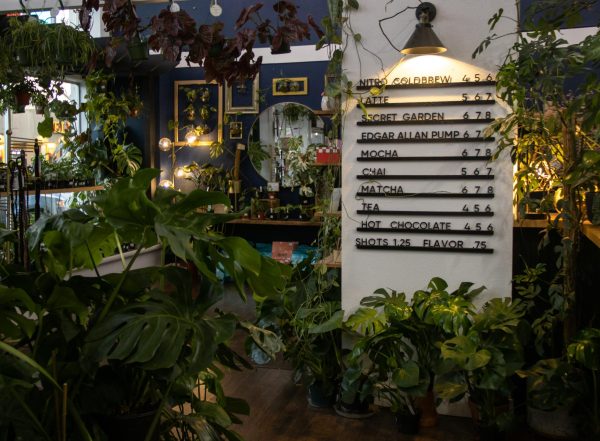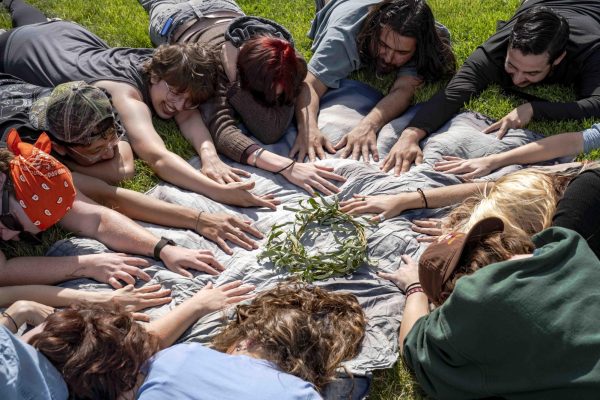- Beavers Digest
- Beavers Digest / Culture
- Beavers Digest / Culture / Expression
- Beavers Digest / Culture / People
- Beavers Digest / Experience
- Beavers Digest / Experience / Campus
“Music as European exceptionalism”: Music instructor speaks on recognizing systems of oppression in music
Spring music course explores connection between arts & connecting communities
Teresa Aguilera, OMN Illustrator
In the upcoming spring of 2023, a new class will merge and analyze the role of performing arts with social activism. This illustration depicts a diverse group of people playing instruments together.
The OSU Music Department is offering a new course next term open for students from all majors to explore and analyze ways the arts have been used in social justice movements in the past.
Dr. Kimary Fick is the instructor for multiple courses at Oregon State University, including music history, music theory and next term, she’ll be the instructor for her own course: Introduction to Social Justice and the Arts.
When asked what gave her the idea for the course, Fick said that in her own background and research into teaching music history she began to incorporate social justice pedagogy into her teaching methods. The basic idea behind social justice pedagogy is asking how we can recognize a system of power and oppression within the content we’re taught.
“This is a really big problem in the study of western art music,” Fick said. “Because essentially the canon of music that’s left to us, from Bach, Beethoven, Mozart, you know. We can essentially understand that music as European exceptionalism… Understanding that the canon itself is a kind of system of oppression. I want to make sure my students are thinking about those problems in the music context.”
The class will also study how music is related to social movements and how songs have united people in the past, taking a closer look at a few different artists and their approaches.
Students will have the opportunity to do their own case studies and participate in student-led discussions about examples from artists that they’ve found and researched on their own, as well as other ways music and art can be used to make awareness of social inequities.
“I kind of entered it from (thinking) ‘Old music’s got a big problem.” Fick said, “but left it asking, ‘What else can we do to use music to our advantage to build communities around issues?’ And while I think we do have a lot of artists and musicians doing this work in our school, I wanted to find a way to systematically come up with a way to study how the arts have been productive in the past, and telling these kinds of stories of motivating and uniting social groups around an interest in social change.”
Fick hopes students get some ideas about how arts can interact with their audiences through analyzing other examples, while also hoping that they can take away inspiration from these artists as a way to develop themselves further as artists.
“Even if they’re not artists in a strict sense,” Fick said. “Like ‘I’m studying engineering but I’m also really interested in art and how art can be used to bring awareness to a social issue.’ So I don’t require that everybody be artists and musicians to be in this course, but this can maybe help them think about the way that they’re pursuing their careers and how they can use their strengths as artists to raise awareness of things around them.”
“I’d say just make sure it’s clear that you can take this course no matter what your major is. This is not exclusively for people in music, art or theatre. In fact I think if you’re coming from like, food science, and you want to have a way to explore raising awareness of food deserts I want you to bring whatever you do to a course like this so we can think about it in a more interdisciplinary and broader way — it’s not just for musicians and artists.”

